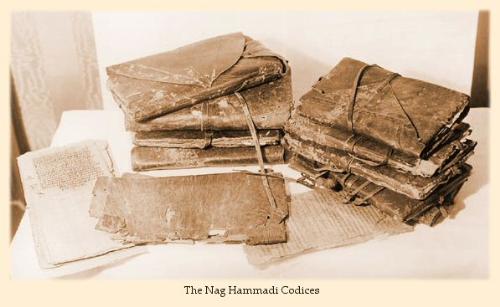The Ten Commandments and the Nag Hammadi Scrolls
By Khayam
@Khayam (346)
Romania
December 20, 2008 6:23pm CST
All Christian and Judaic believers are familiar with the Ten Commandments (the two stone tables authored by God and given to Moses on the Mount Sinai) - Exodus 19:23, Deuteronomy 5:2. Through these, the Creator expressed His will in relation to man's duty to God and to his fellow-creatures. Although not explicitelly mentioned in Al Qur'an each of the Ten Commandments are to be found under the form of substantially similar versed from Islam's Holy Book: (47:19, 14:35, 2:224, 62:9, 17:23, 5:32, 17:32, 5:38, 2:283, 20:31).
In 1945 a collection of 13 ancient codices was found in upper Egypt (among them Gospel of Thomas, Gospel of Philip, Gospel of Truth), known Nag Hammadi Scrolls. Although the Church classified them as gnostic or apocrife - and therefore substantially heretic, a question remains without an answer.
Since the Old Testament's God of Order was replaced by the New Testament's God of Love (the main consequence being that God is no longer testing the faith of mankind, giving everyone the right of free choice), then why God allowed these "heretic" texts to be found (arguably, God could have collapsed the cave in which the text were deposited). What should we understand from the fact that we found the Nag Hammadi Scrolls (Dead Sea Scrolls)? [The procedure used by God seems similar with the one described in Exodus, while the worldwide context of Christian religion is also similar] That God is not happy with the way His Church developed? That the Church is no longer preaching His Gospel?
I'll love to hear what's your oppinion on this issue...
1 response
@freethinkingagent (2501)
•
21 Dec 08
I could only say the the course of man has not reached it end yet.





